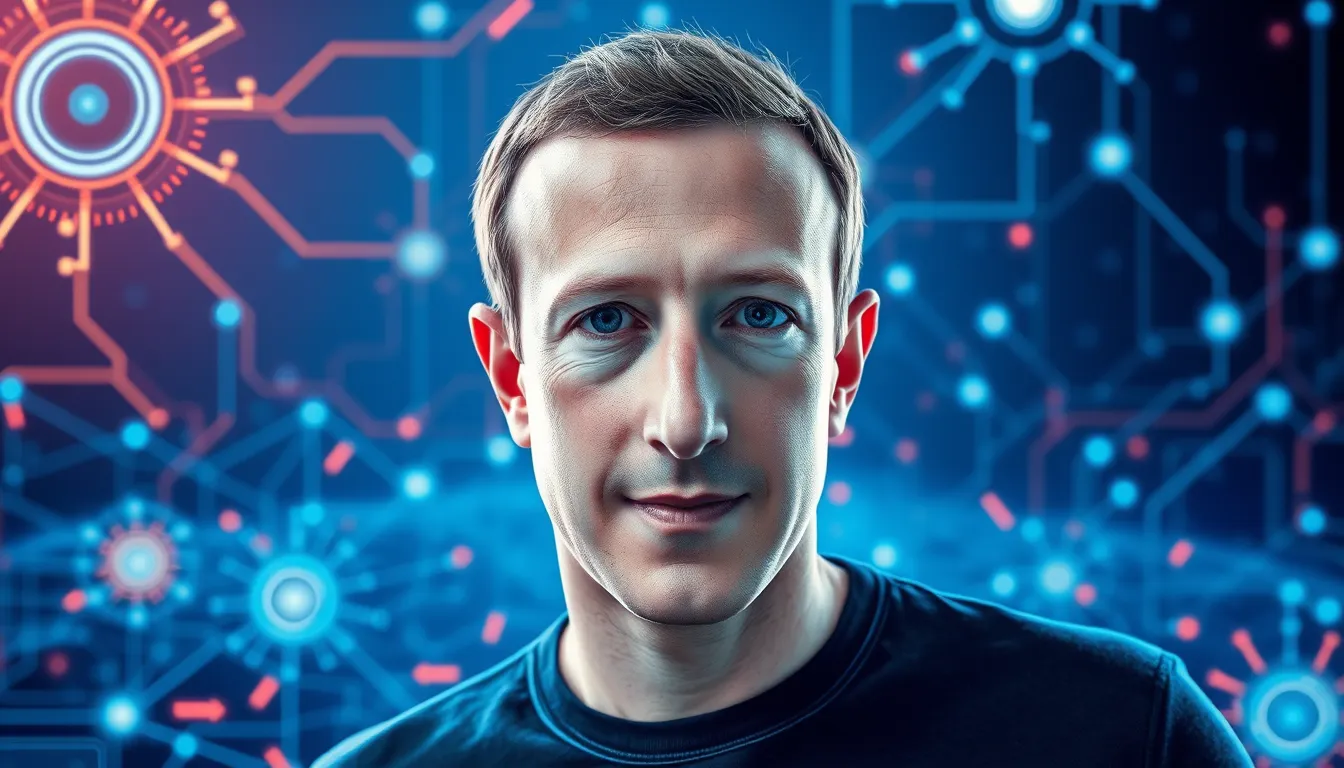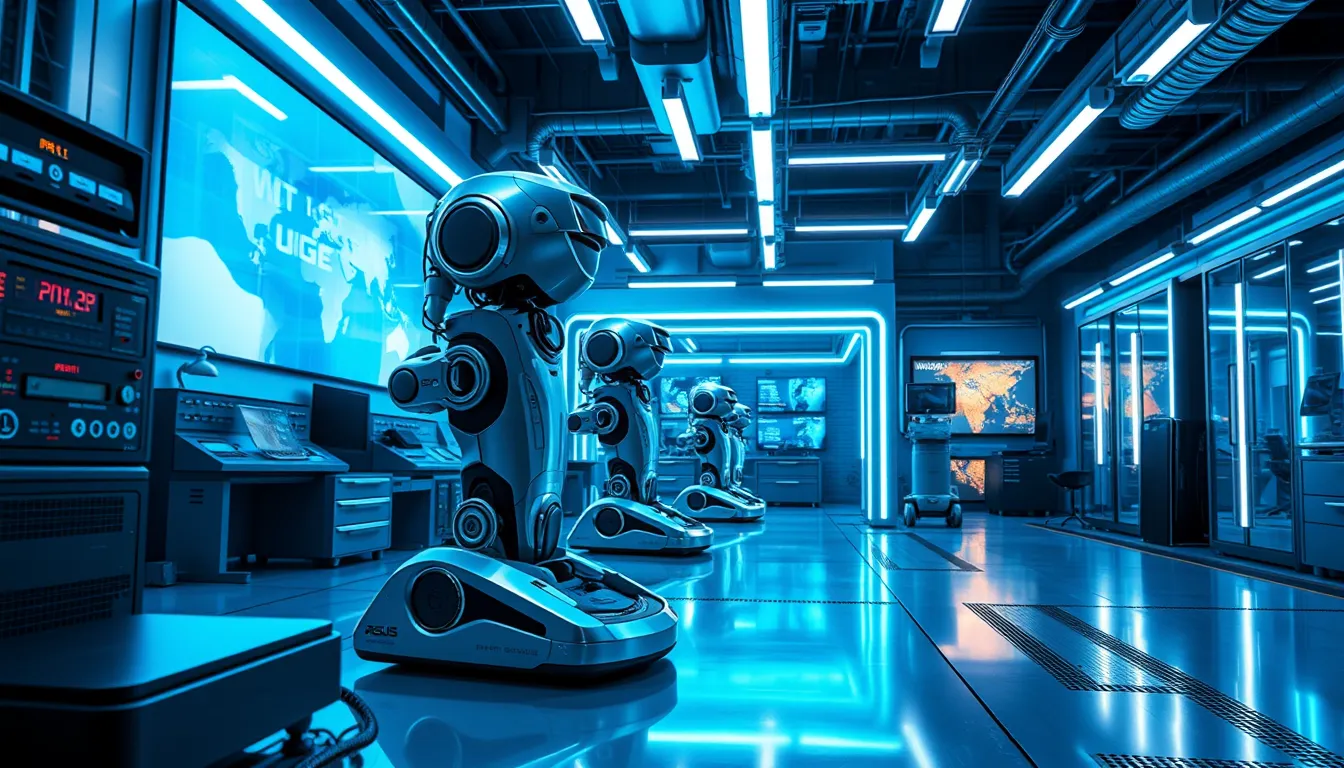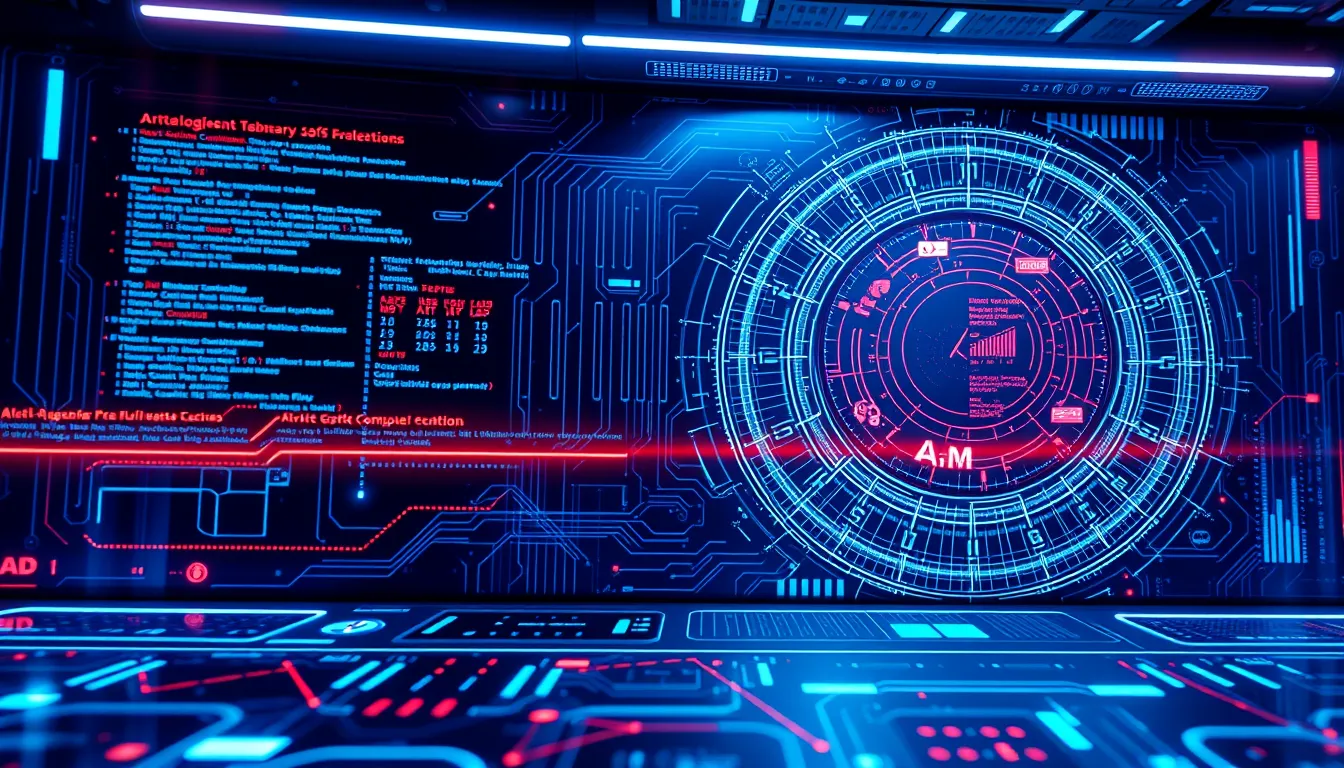Now Reading: AI in Healthcare Diagnostics: Transforming Outcomes
-
01
AI in Healthcare Diagnostics: Transforming Outcomes
AI in Healthcare Diagnostics: Transforming Outcomes

AI in Healthcare Diagnostics: Transforming Outcomes
Introduction
The rapid advancement of technology in medicine is well reflected in the field of AI in healthcare diagnostics. Today, artificial intelligence is not only streamlining traditional methods but also transforming patient care by enhancing diagnostic accuracy. In this article, we will explore how AI in healthcare diagnostics is revolutionizing medical imaging, disease prediction, and overall patient outcomes. With technology’s growth, the journey towards smarter healthcare is more promising than ever.
The Evolution of AI in Healthcare
Over the past decade, the integration of artificial intelligence in the healthcare industry has evolved significantly. Hospitals and research institutions worldwide are adopting AI technologies to improve the speed and precision of diagnosis. AI in healthcare diagnostics leverages algorithms and machine learning techniques to analyze complex medical data. These algorithms help radiologists and other specialists in identifying patterns that could otherwise remain unnoticed.
Key Areas Impacted by AI in Healthcare Diagnostics
-
Medical Imaging
- AI-driven imaging tools improve the clarity and accuracy of diagnostic images.
- Enhanced imaging leads to earlier detection of diseases like cancer, ensuring timely intervention.
- With AI, imaging software can automatically highlight areas of concern, enabling faster examinations.
-
Diagnostic Accuracy
- AI in healthcare diagnostics has significantly reduced human error, leading to more reliable diagnoses.
- Automated analysis of patient data provides precision that manual interpretation sometimes misses.
- This technology aids in differentiating between benign and malignant conditions more reliably.
-
Disease Prediction and Management
- AI can forecast disease progression by continuously analyzing patient records over time.
- Predictive analytics underpin proactive patient management and personalized treatment plans.
- Chronic disease management is optimized through regular monitoring and timely interventions.
-
Operational Efficiency
- Health care institutions benefit from reduced wait times and streamlined patient processing.
- Integration of AI in daily hospital operations enhances overall productivity and care quality.
- Clinicians can devote more time to patient care as AI takes over routine tasks.
How AI in Healthcare Diagnostics is Improving Patient Outcomes
The impact of AI in healthcare diagnostics extends beyond mere improvements in accuracy. Patients are experiencing faster diagnoses and more customized treatment plans, which in turn enhance recovery prospects. For instance, in radiology, AI algorithms analyze imaging scans faster than human counterparts, leading to quicker diagnostic decisions. This rapid turnaround is critical in emergency situations where every minute counts.
Moreover, healthcare providers are now better equipped to handle a growing volume of data. AI systems filter through thousands of images and patient records to identify subtle changes that could indicate a large-scale health issue. Through this capability, AI in healthcare diagnostics not only improves efficiency but also plays a pivotal role in predictive medicine.
Integration of Advanced Technologies
Recent trends show that many healthcare facilities are integrating AI with other cutting-edge technologies such as deep learning and big data analytics. This combination further enhances the capabilities of AI in healthcare diagnostics, providing a comprehensive tool for both preventive and curative care. Some notable benefits include:
- Enhanced data processing that leads to improved diagnostic models.
- More efficient triage systems in emergency departments.
- Reduction in the overall cost of healthcare through early detection and timely treatment.
- Increased patient trust as technology supports more tailored and effective care plans.
Challenges and Considerations
Despite all the benefits, the widespread adoption of AI in healthcare diagnostics is not without challenges. The transition to AI-enhanced systems requires significant investments in technology and training. There are concerns regarding data privacy and the ethical implications of automated decision-making. Regulatory frameworks are continuously evolving to ensure that AI is used responsibly in a field as critical as healthcare.
Key considerations include:
- Ensuring that patient data is securely managed and compliant with health regulations.
- Balancing machine efficiency with human oversight to avoid potential misdiagnoses.
- Continuous updating of algorithms to reflect new medical research and insights.
- Training healthcare professionals to effectively work with AI systems.
The Future of AI in Healthcare Diagnostics
Looking ahead, the potential for AI in healthcare diagnostics is immense. As more sophisticated algorithms are developed, the integration of AI into daily medical operations will only deepen. Researchers are actively exploring ways to merge AI with other innovations to further boost efficiency and patient safety. Hospitals may soon see even greater strides in preventive healthcare, personalized medicine, and real-time patient monitoring.
Conclusion
The future of healthcare is being reshaped by AI in healthcare diagnostics. From enhancing diagnostic accuracy to streamlining operations and predicting diseases, the positive impact of AI on patient outcomes is clear. As this technology continues to mature, it promises a more efficient, accurate, and personalized healthcare experience for all. With thoughtful implementation and continuing innovation, AI in healthcare diagnostics is set to become a cornerstone of modern medical practice, heralding a new era of improved patient care.
For more information on AI advancements in medicine, consider exploring resources available at reputable sites such as the official Mayo Clinic page and the National Institutes of Health. These trusted sources provide deeper insights into the evolving landscape of health technology.
By embracing these technological advancements, healthcare professionals and institutions are poised to deliver a future where patient care is both innovative and reliable. This is the promise of AI in healthcare diagnostics – a transformative tool that is literally changing lives through science and compassion.

























